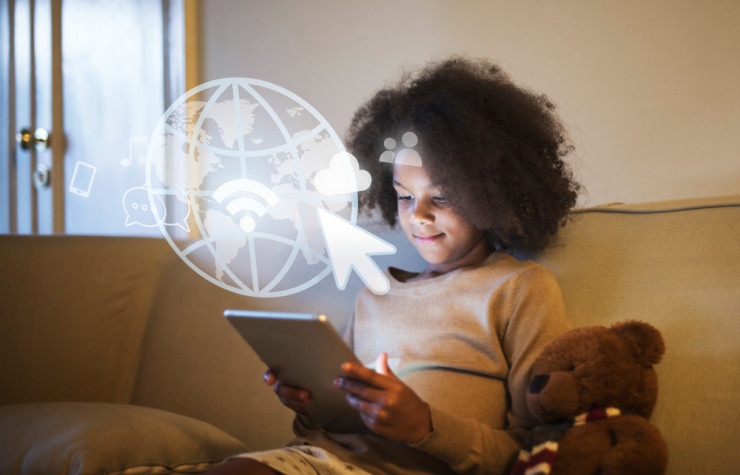
Education is undergoing a remarkable transformation, driven by technological advancements and a growing recognition of diverse learning needs. As we embrace innovation, traditional teaching methods are evolving to create more engaging, inclusive, and effective learning environments.
One key aspect of this transformation is the integration of technology in the classroom. Tools like interactive whiteboards, online resources, and educational apps enable educators to cater to different learning styles, making lessons more dynamic. Virtual and augmented reality experiences are also reshaping how students interact with complex subjects, providing immersive learning opportunities that deepen understanding.
Moreover, personalized learning is becoming a focal point. With data-driven insights, teachers can tailor their approaches to individual students, addressing unique strengths and weaknesses. This personalized attention fosters a love for learning and encourages students to take ownership of their educational journeys.
Collaboration between schools, communities, and businesses is another vital component. Partnerships can enhance resources and provide real-world experiences, equipping students with the skills necessary for the modern workforce.
As we continue to transform education, it’s essential to prioritize equity and access. Every child deserves quality education, regardless of their background. By addressing these challenges and fostering innovation, we can create a more inclusive and effective educational landscape.
Ultimately, transforming education is about preparing future generations for a rapidly changing world. By embracing new ideas and approaches, we can empower learners to thrive and succeed in their personal and professional lives.


